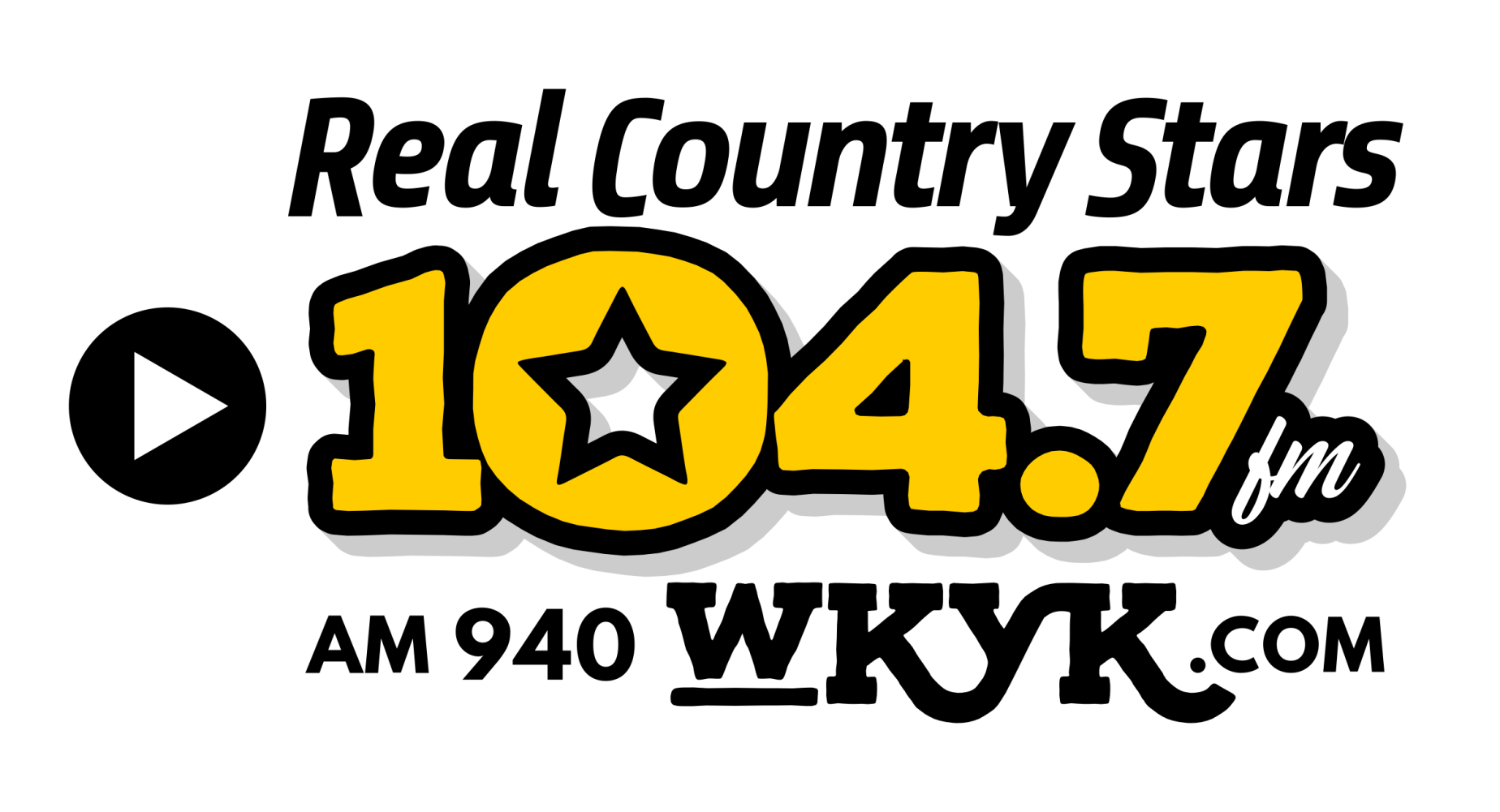Dogwood Health Trust has announced a second round of funding for opioid-related collaborative planning grants available to the counties, municipalities, or the Eastern Band of Cherokee Indians located in Dogwood’s 18-county service region in Western North Carolina, including the Qualla Boundary. The Request for Proposals (RFP) is posted on Dogwood’s website, and proposals must be received by 5:00 p.m. on February 14, 2022. Award notifications will be made by the end of April 2022.
Dogwood also announced nearly $2.7 million in funding from its first round of opioid-related collaborative planning grants. Buncombe, Graham, Henderson, Madison, McDowell, Rutherford, Transylvania and Yancey Counties all received a grant to assist with planning and preparing to use the funding that is expected to be distributed from the state as a result of the national opioid settlement.
“As a result of the historic $26 billion national opioid settlement agreement, every county in our state is expected to get a boost in funding for their opioid remediation efforts,” said Dr. Susan Mims, interim CEO of Dogwood Health Trust. “The timing of this settlement is fortunate since substance misuse and related deaths have increased during the COVID-19 pandemic. Our goal is to ensure the region establishes the necessary collaborations and plans now, so Western North Carolina is well equipped to use the settlement funds when available to improve health and wellbeing across the region.”
Each opioid planning grant provides up to $300,000 per year for up to two years to support collaborative planning projects between counties, municipalities, or tribal nations and 501(c)(3) organizations and other community partners that align with the Memorandum of Agreement that governs the use of opioid settlement funds in North Carolina.
Opioid planning proposals may include requests for support of the following:
- Facilitation and/or coordination of collaborative planning
- Needs assessment, data collection and/or analysis
- Partnership building
- Development of workforce, implementation, and/or sustainability plans
- Capacity building
- Technical assistance
- Administration/reporting
“Western North Carolina should soon be able to leverage significant resources towards our efforts to reduce opioid overdose mortality throughout the region and impact populations that have been disproportionately affected,” said April Bragg, PhD, Senior Impact Officer – Behavioral Health & Substance Use Disorder. “To that end, we are particularly interested in funding projects that include multi-county planning efforts and collaboratives that include multiple partner organizations.”
The RFP is posted on Dogwood’s website, and proposals must be received by 5:00 p.m. on February 14, 2022. Award notifications will be made by the end of April 2022. For questions, please contact Dogwood’s Impact Team.
###
About Dogwood Health Trust
Dogwood Health Trust is a private foundation based in Asheville, North Carolina with the sole purpose of dramatically improving the health and wellbeing of all people and communities of 18 counties and the Qualla Boundary in Western North Carolina. Dogwood Health Trust focuses on innovative and equitable ways to address the many factors that contribute to overall health and wellbeing, with a focus on housing, education, economic opportunity, and health and wellness. Dogwood Health Trust works to create a Western North Carolina where every generation can live, learn, earn and thrive, with dignity and opportunity for all, no exceptions. To learn more, please visit www.dht.org.


